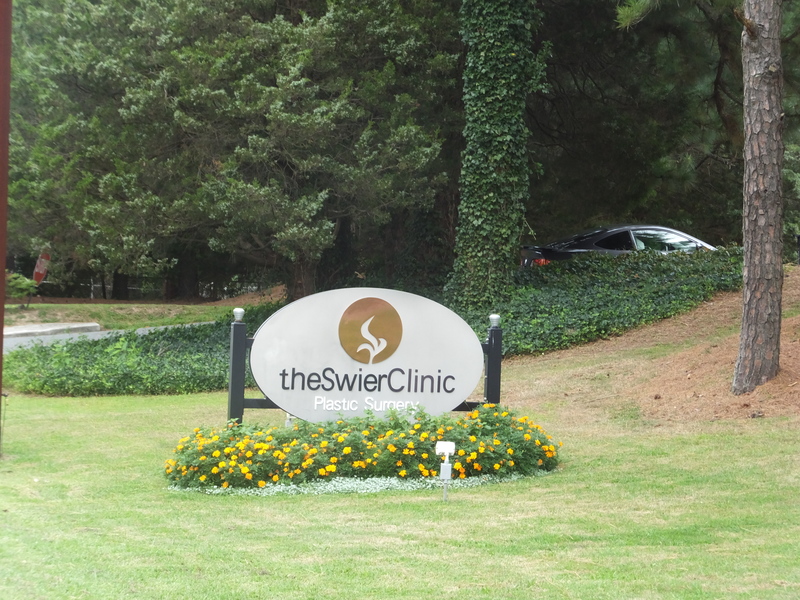Dr. Patrick Swier: Lewes doc seeks new trial in malpractice suit
Attorneys for a Lewes surgeon are seeking a new trial in a malpractice suit that awarded $3.4 million in damages to a former patient.
Richard Galperin, attorney for Dr. Patrick Swier of the Lewes-based Swier Clinic, said a 12-person jury was unfairly prejudiced against his client. He said Roger Landon, attorney for plaintiff Patricia McLeod, went beyond the scope of the trial during closing arguments to paint Swier as a liar who was running an assembly line of surgeries in an attempt to get more money out of patients.
Galperin said the jury at the December trial was supposed to be ruling on whether Swier was liable for damages caused by Swier’s surgery on McLeod’s leg, which eventually rendered her disabled. However, Galperin said, Landon went beyond that and tried to convince the jury that Swier was a bad actor and the jury needed to teach him a lesson in awarding in McLeod’s favor.
Galperin said on two separate occasions, despite the sustained objection of the defense, Landon used the phrase “enough is enough,” and implored the jury to stop Swier from running a surgical assembly line. Galperin said Landon has offered no proof that Swier was running an assembly line. He said Landon’s inflammatory rhetoric distracted the jury from their task of finding liability.
For his part, Landon said the defense had no arguments against the evidence in the case, and that Galperin was trying to get Judge Jane Brady to undo the jury’s verdict. Landon clarified his “enough is enough” statement saying if the jury were to find against Swier, they would be deciding that enough was enough based on the facts in the case.
“This case was about a surgery that never should have been done,” Landon said.
The case dates back to September 2009, when McLeod, a middle school teacher from Salisbury, consulted with Swier complaining about an ache in her left knee and a tingle in a couple of toes on her left foot. According to court documents, previous exams of McLeod showed no abnormalities in her knees and back.
After examining her, Swier recommended McLeod get surgery on her left leg, which was performed in April 2010. Over the remainder of the year, according to court documents, McLeod complained of pain in her left foot, saying she could not put her full weight on it.
In July 2010, Swier recommended she go to Tidewater Physical Therapy, which was unsuccessful in reducing McLeod’s pain. In December 2010, Swier recommended physical therapy at Easton Physical Therapy in Easton, Md.
The physical therapist in Easton, Jason Baynard, diagnosed McLeod with complex regional pain syndrome and recommended she get it treated immediately at Johns Hopkins Hospital in Baltimore. In February 2011, the doctors at Johns Hopkins confirmed Baynard and a second doctor’s diagnosis and opined the condition will keep McLeod from walking. According to her attorneys' 2012 complaint, McLeod has been declared permanently disabled, and doctors are considering amputating her left leg. She sued Swier for negligence; after an eight-day jury trial, McLeod was awarded $3.4 million in damages.
At the Aug. 20 oral argument seeking a new trial, Landon said not only did Swier perform an unnecessary procedure on McLeod, but that he was also considering operating on her right leg, which was asymptomatic. He said the only reason for Swier to want to do this was to make money from the surgery.
Landon said the evidence against Swier was convincing; it only took the jury 15 minutes to deliberate, he said.
Galperin said if Landon was trying to make punitive claims, he should file them. He said neither the jury nor the defense was prepared for the line of commentary that Landon brought forth in his closing statement. He said Swier should be granted a new trial with a new jury.
Landon said the case has been out there since 2012 and nearly two weeks were spent on the jury trial in December 2014; he said the defense's argument that they were not prepared was hard to swallow.
Brady took the matter under advisement but not before raising the possibility that she could perhaps lower the damages instead of granting a new trial.



















































